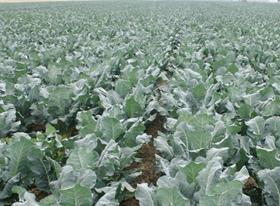
The brassica family of vegetables has been known to have certain anti-cancer qualities for a number of years, but new research has shown that for some varieties a light cook is the best way to maximise them.
Researchers from Australia’s University of Queensland and the Department of Employment, Economic Development and Innovation (DEEDI) concluded that cooking vegetables like broccoli, cauliflower and cabbage for two to four minutes increased the effectiveness of the vegetables’ anti-cancer compounds.
The best cooking methods were steaming, stir-frying or microwaving the vegetables, reported the North Queensland Register. Cooking the vegetables longer greatly reduced their anti-cancer properties, the report said.
Light cooking reduced the occurrence of compounds called nitriles, according to DEEDI researcher Dr David Williams, whose PhD thesis discussed the issue.
“Nitriles do not protect against cancer and in fact replace anti-cancer compounds,” he told the Register.
“But cooking these vegetables on a very low heat for a short time stops the nitriles and allows the release of anti-cancer compounds.
“The exception to this rule is the brassica vegetables that are naturally hot to the taste - such as radish, mustard or watercress. They are best eaten raw to maximise the anti-cancer compounds.”
Vegetables from the brassica group contain high levels of glucosinolates, the metabolised products of which protect DNA from damage that may cause cancer, according to the Cancer Prevention Research Program at the Seattle-based Fred Hutchinson Cancer Research Centre.



